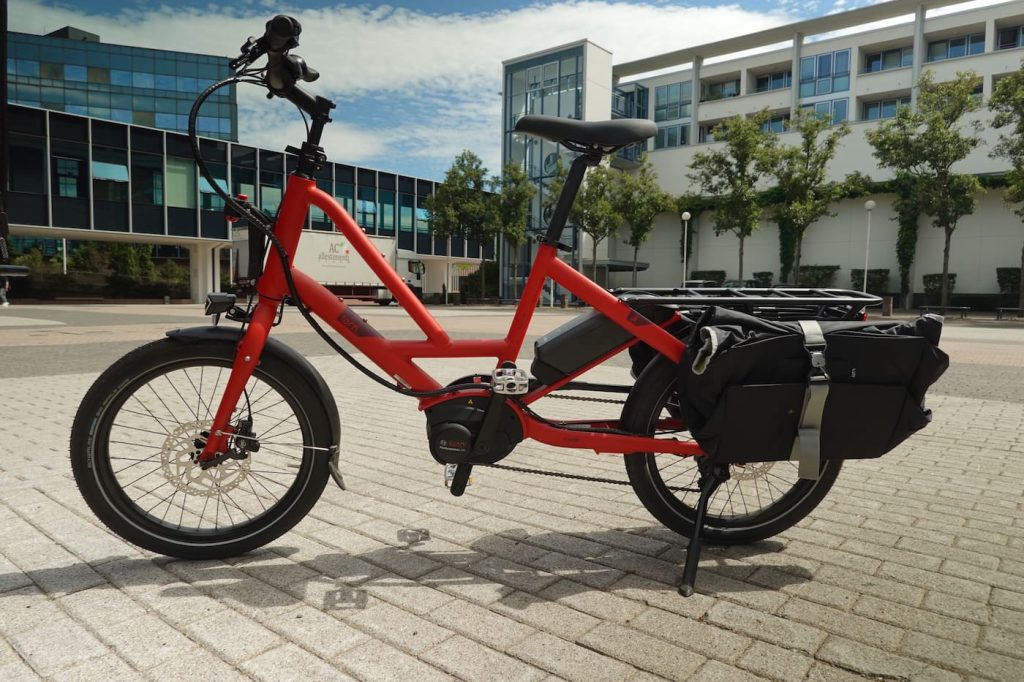
Electric bikes are quickly growing into one of the most popular alternatives to cars for personal transportation, especially in dense cities like New York City. So why does NYC want them stopped at the border?
The issue is that not all e-bikes are created equal.
Higher-quality e-bikes are produced to meet a range of safety regulations, including those that cover the safety of their high-energy lithium-ion battery packs.
But cheaper e-bikes, which are often imported from no-name or white-labeled brands, can cut corners when it comes to safety. That has resulted in poorly made battery packs that can catch fire, sometimes with deadly results.
There have been 13 deaths in New York City alone this year, a city with an estimated 65,000 e-bikes on the streets. In NYC, food delivery by e-bike is popular due to the congestion caused by cars. E-bikes generally navigate the city much more quickly than cars. But the delivery riders, who work long hours for low wages, are often forced to choose the cheapest electric bikes. Those cheap e-bikes are commonly the ones that can pose safety concerns. Their popularity in NYC thus further compounds the problem.

Earlier this year, NYC issued a city-wide ban on selling e-bikes that don’t conform to UL certifications. Without that safety certification, they can’t be sold in the city. According to Fortune, the new rules also outlaw tampering with batteries or selling refurbished batteries made with lithium-ion cells scavenged from used units.
The city also enacted a plan to install safe charging stations for e-bikes, ultimately receiving $25 million to fund the initiative.
The issue of e-bike fires may affect only a small percentage of electric bikes, but with tens of thousands of e-bikes on the road in NYC, the numbers have still begun to stack up.

We recently discussed the issue of fires with battery expert Luke Workman on Electrek‘s Wheel-E podcast, where he explained how cities like NYC can have particularly difficult conditions for e-bikes. The high amount of salt on the roads in winter means that improperly sealed batteries can end up with salt bridging electrical contacts inside the battery cases, potentially shorting cells and leading to fires. The quickly heating cells can cause thermal runaway where neighboring battery cells overheat and catch fire, a dangerous condition that can lead to house fires if not immediately contained.
Workman explained that most chemistries of lithium-based batteries can be prone to this thermal runaway problem if the cells are shorted. The only type of batteries he has yet to see succumb to this issue are “potted” batteries, those that are completely enclosed in resin and thus don’t allow one overheating cell to spread to others.

"electric" - Google News
July 28, 2023 at 04:19AM
https://ift.tt/QxiAWp6
Why New York City wants electric bikes stopped at the border - Electrek
"electric" - Google News
https://ift.tt/17q4AMI
https://ift.tt/qs9ZjbT
No comments:
Post a Comment